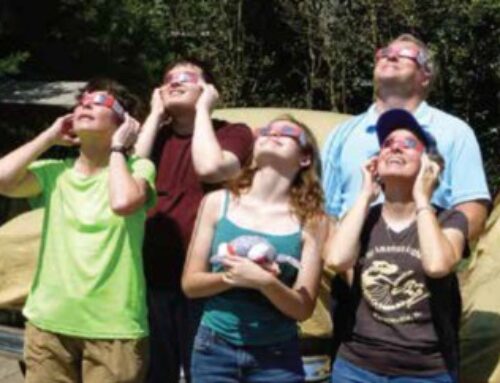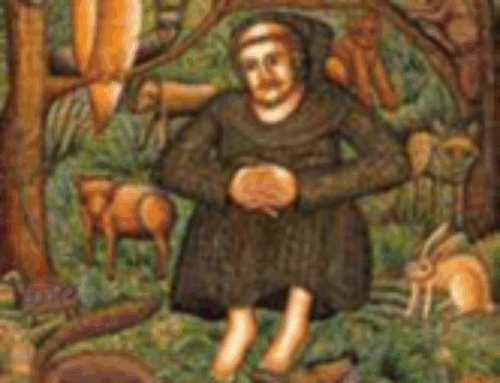(This article originally appeared in the TAU-USA Winter 2021 Issue 102)
Brothers and Sisters All: Pope Francis Reflects on Fraternity
by Mary Bittner, OFS
 Pope Francis introduces Fratelli Tutti by acknowledging his inspiration from the life and words of St. Francis of Assisi. He then sets before us his own purpose: “It is my desire that, in this our time, by acknowledging the dignity of each human person, we can contribute to the rebirth of a universal aspiration to fraternity. Brotherhood between all men and women.” [8][1]
Pope Francis introduces Fratelli Tutti by acknowledging his inspiration from the life and words of St. Francis of Assisi. He then sets before us his own purpose: “It is my desire that, in this our time, by acknowledging the dignity of each human person, we can contribute to the rebirth of a universal aspiration to fraternity. Brotherhood between all men and women.” [8][1]
After a description of the many problems facing today’s world, Pope Francis moves to an extended meditation on the parable we know as The Good Samaritan. This teaching underlies the lines of action the Pope would have us consider in later chapters. He invites us to use the parable as an examination of conscience of sorts. Read the parable of the Good Samaritan ([56] or Lk 10:25-37, and [64-66]). In which of its characters do you find something to identify with? Why?
Aside from the traveler himself, the first characters we hear about are the robbers. We can probably come up with examples of “dark shadows of neglect and violence in the service of petty interests of power, gain and division.” What does the Pope mean when he asks if the wounded man will “end up being the justification for our irreconcilable divisions, our cruel indifference, our internal conflicts?” [72]
The passers-by undoubtedly had their reasons for ignoring the fallen man [73-74]. What are some of the justifications we might use to justify passing by or looking the other way when we encounter those who are suffering? What part do politics or the economy play in how we “see” (or don’t see) those who suffer in our society (the poor, the immigrants, those of a different faith or skin color or abilities)?
Pope Francis cautions us that the passers-by “were religious, devoted to the worship of God: a priest and a Levite. This detail should not be overlooked. It shows that belief in God and the worship of God are not enough to ensure that we are actually living in a way pleasing to God.” [74] How should our Franciscan vocation help us to “ensure that we are actually living in a way pleasing to God?”
Collusion between the robbers and those who pass by can contribute to an atmosphere of “disillusionment and despair.” [75] What elements in our own culture might be like the “thieves” that rob people of their dignity? How do we support these thieves, or try to stop them? What might we do, as individuals and as a community of faith, to counter disillusionment and be “messengers of perfect joy?”
“The parable eloquently presents the basic decision we need to make in order to rebuild our wounded world. In the face of so much pain and suffering, our only course is to imitate the Good Samaritan.” [67] How might we be neighbors to those who are “wounded” in our own society? In the global community? Do we differentiate between the two? Choose one concrete thing you might do during Lent to be a neighbor to someone you might otherwise ignore.
The Pope warns us that “…there are those who appear to feel encouraged or at least permitted by their faith to support varieties of narrow and violent nationalism, xenophobia and contempt, and even the mistreatment of those who are different,” and he suggests that “For this reason, it is important that catechesis and preaching speak more directly and clearly about the social meaning of existence, the fraternal dimension of spirituality, our conviction of the inalienable dignity of each person, and our reasons for loving and accepting all our brothers and sisters.” [86 (emphasis mine)] How do each of the themes italicized above relate to our fundamental charism as Secular Franciscans? How can our lives speak “clearly and directly” in their regard?
[1] All quotations are from Fratelli Tutti. Numbers in brackets refer to paragraphs. A PDF version of the full text of the encyclical can be found on the national website secularfranciscansusa.org/resources/ongoing-formation-resources/




Leave A Comment